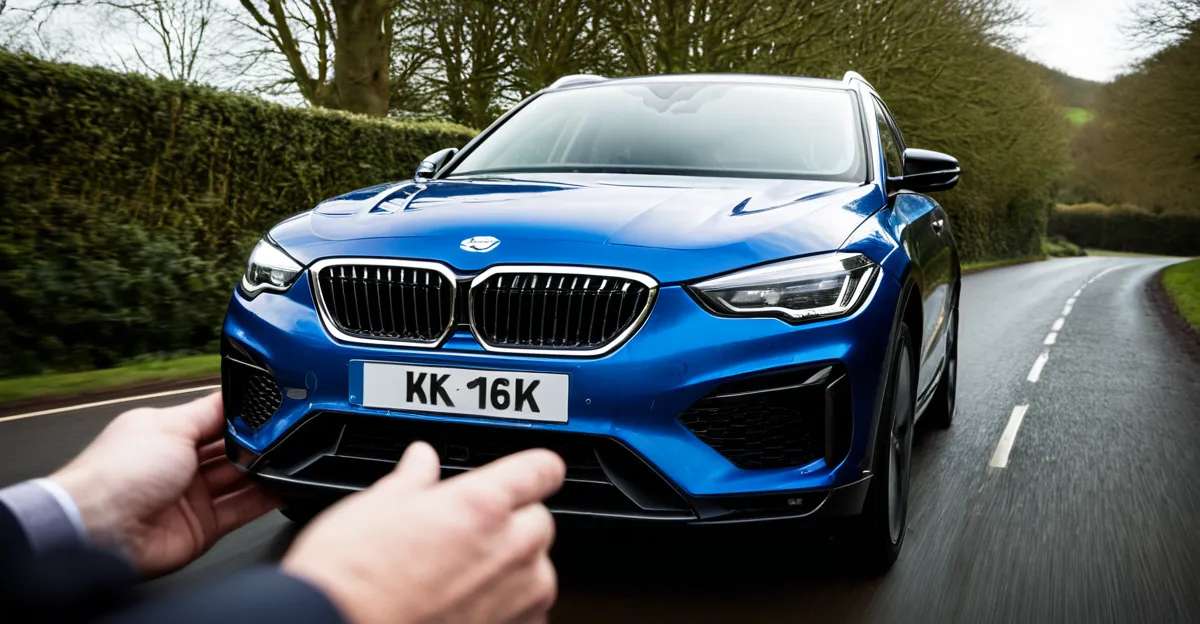UK Consumer Preferences Shaping Automotive Trends
Consumer car trends UK reveal a significant shift toward electric vehicles and sustainability. Increasing environmental awareness and government incentives have accelerated demand for electric and hybrid cars. This change reflects a broader move in the automotive market UK, where buyers now prioritize vehicles with lower emissions and better energy efficiency.
Alongside sustainability, there is a growing preference for advanced in-car technology. Modern consumers expect features like connectivity, driver assistance systems, and infotainment options as standard. This desire for smart, integrated technology is driving automakers to innovate rapidly to meet evolving expectations in the automotive market UK.
Have you seen this : What impact does Brexit have on the UK automotive industry?
Practicality and affordability remain core to the changing preferences of UK consumers. Many seek vehicles that balance technological advancement with cost-effectiveness, ensuring reliability without excessive expense. Thus, the automotive market UK is witnessing a blend of eco-conscious choices and practical, value-oriented purchases shaping future development.
Strategic Adjustments by Leading UK Automakers
Leading UK car manufacturers are actively reshaping their strategies to align with the consumer car trends UK emphasize, particularly the shift toward electric and hybrid vehicles. Many UK automaker response plans now include launching new models that meet the increasing demand for sustainable transport options. These automaker responses not only address environmental concerns but also the practical desires of the automotive market UK, which values balance between innovation and affordability.
In the same genre : What strategies are UK automakers using to improve fuel efficiency?
Investment in research and development is a cornerstone of these strategic adjustments. UK car manufacturers strategy heavily focuses on developing connected car technology, incorporating advanced driver assistance systems and enhanced infotainment. This equips vehicles to meet modern expectations and appeals to tech-savvy buyers, ensuring brand relevance in a competitive market.
Furthermore, UK brands are recalibrating their image and product line to engage younger consumers. Brand adaptation includes marketing campaigns highlighting technological sophistication and eco-friendliness, reflecting the evolving priorities demonstrated in the changing preferences of the automotive market UK. By embracing digital transformation and sustainability, UK automakers position themselves to succeed amid rapid industry change.
Data and Commentary Illustrating Industry Shifts
Understanding current consumer car trends UK requires analyzing the latest UK car sales data, which reveals a pronounced move toward electric and hybrid vehicles. Recent registration statistics underscore this transformation, showing a steady increase in zero-emission vehicle uptake while traditional petrol and diesel models decline. This data reflects a tangible response to evolving buyer priorities within the automotive market UK.
Industry experts emphasize that this shift is not merely a passing trend but a fundamental change. Automaker leadership frequently notes that integrating advanced in-car technology aligns with consumer demand for connectivity and smarter mobility solutions. These insights help explain why manufacturers place considerable emphasis on innovation and sustainability, responding directly to changing preferences.
Consumer surveys further contribute valuable context, highlighting factors that influence buying decisions. Safety features, affordability, and environmental impact rank highly, illustrating the multifaceted nature of consumer car trends UK. These surveys demonstrate that buyers increasingly expect vehicles that combine eco-friendly attributes with functional practicality, reinforcing how preferences shape market offerings.
Together, the interplay of UK car sales data, expert commentary, and consumer feedback offers a comprehensive view of industry shifts. Such analysis equips manufacturers and stakeholders with the knowledge needed to anticipate and adapt to the future course of the automotive market UK, ensuring alignment with both market dynamics and consumer expectations.
Challenges Facing UK Automakers During Transition
The transition to electric vehicles presents multiple automotive challenges UK manufacturers must navigate carefully. One significant hurdle involves supply chain and infrastructure issues, notably limited availability of critical battery components and charging networks. These bottlenecks constrain production capacity and slow adoption rates, posing a risk to meeting consumer car trends UK centered on sustainability.
Another key issue is the complexity of adapting production lines to new technologies. UK car manufacturers strategy requires retooling factories designed for conventional engines to accommodate electric drivetrains and associated electronics. This shift demands substantial investment and technical expertise, complicating timelines and increasing operational costs. Managing this transition efficiently is crucial to maintain competitiveness in the evolving automotive market UK.
Balancing ambitious sustainability initiatives with affordability remains a delicate challenge. While consumers show preference for eco-friendly vehicles, the higher costs of electric and hybrid technologies can limit mass-market appeal. Automakers must innovate to reduce manufacturing expenses and incorporate cost-effective materials without sacrificing quality. Addressing these challenges effectively will determine how well UK manufacturers align with changing preferences and sustain growth in the new automotive landscape.







